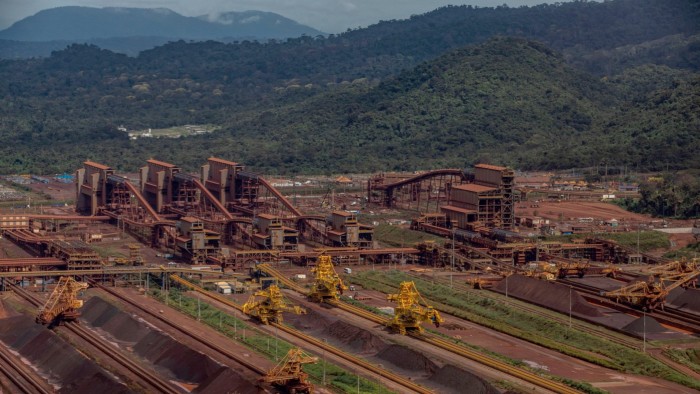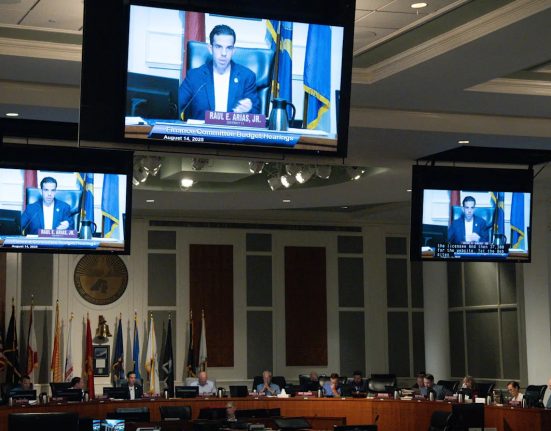Stay informed with free updates
Simply sign up to the Climate change myFT Digest — delivered directly to your inbox.
Brazil, Mexico, South Africa and Turkey are among countries being promised access to funding to tackle pollution from industries such as cement and steel, as a group of multilateral lenders doubles down on climate action despite the pushback from the Trump administration.
Under a new initiative billed as the largest of its kind, seven countries, including Namibia, Egypt and Uzbekistan, will be able to access finance from a coalition of development banks and funds to deal specifically with greenhouse gas emissions from heavy industry.
The $12.5bn Climate Investment Fund will lead the programme by offering concessional loans of up to $250mn each to the countries with the aim of drawing additional funds from multilateral development banks, the private sector and other investors.
Multilateral financiers have long backed energy projects in the developing world but have focused less on how to make industrial processes greener. Industry accounts for about a third of emissions globally.
The move comes as the US, one of the main shareholders in many development banks and historically a big donor, reverses course on climate policies and funding.
Following the withdrawal from the UN Paris Agreement on the first day of his second US presidency, Donald Trump this year rescinded a pledge to provide $4bn to the UN’s Green Climate Fund, the world’s largest fund of its kind. The decision to cut the USAID agency has also hit climate projects globally.
US Treasury secretary Scott Bessent has also urged the IMF and the World Bank to step back from their climate change agendas. He said they should move away from “distortionary climate finance targets” and focus on “dependable technologies that can sustain economic growth”.
But the head of CIF, one of the world’s largest dedicated climate investment funds, said decarbonising economies was crucial to “securing long-term prosperity and the jobs of tomorrow”.
“The global race to decarbonise industry has begun, and emerging markets are out front,” said Tariye Gbadegesin, CIF chief executive.
Based on past co-financing projects, every $1 invested by CIF was expected to generate a further $12 from other sources, the fund said.
The countries chosen were required to submit proposals for funding. Under the initiative, they will work with multilateral development banks, the private sector and CIF to develop detailed investment plans for submission by the end of 2026.
Brazil’s deputy secretary for sustainable development finance, Ivan Oliveira, said the programme offered an “opportunity to accelerate investment in clean technologies that are essential to Brazil’s economic future”.
The largest country in South America, and host of this year’s COP30 climate summit, is targeting sectors such as cement, steel, chemicals, fertilisers, aluminium, pulp and paper, and glass.
The programme would “help demonstrate that climate action and industrial competitiveness can go hand in hand”, Oliveira said.
Climate Capital

Where climate change meets business, markets and politics. Explore the FT’s coverage here.
Are you curious about the FT’s environmental sustainability commitments? Find out more about our science-based targets here







